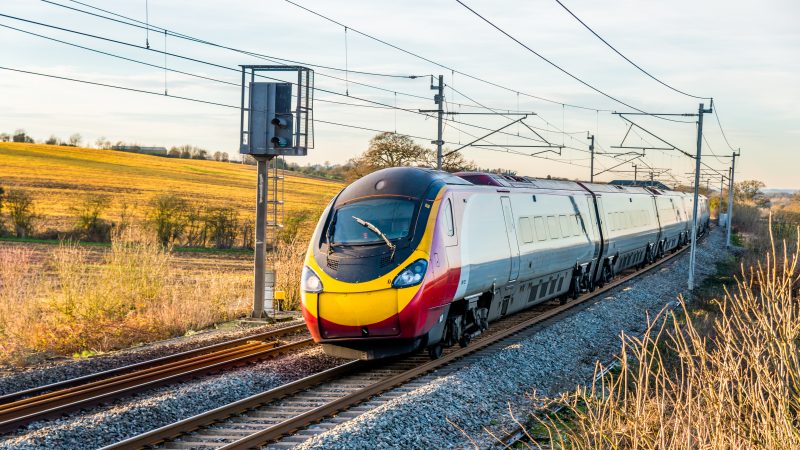
The government today released the much-anticipated Williams Review that outlined how it intends to fix rail. We expected that they would address the franchising mess that has come about because of a privatised free-for-all by train operating companies who have increasingly been operating with little or no accountability.
Since first instructing Keith Williams to carry out the review in 2018, it has laughably had its name changed to the Williams-Shapps Plan for Rail. The plan sets up a new public body, ‘Great British Railways’, intended to be a familiar brand with accountability and united leadership. Although the plan acknowledges – by creating a single, overseeing body – that privatisation and the resulting fragmentation of our railway doesn’t work, it proposes more private involvement. I guess the fact that Transport Secretary Grant Shapps has given into his ego and plastered his name over the plan, like an attention seeking toddler, means we don’t have to pretend that this is anything more than Tory ideology writ-large.
Yet, more like a bad student, I notice that Shapps nicked the name from the Labour Party’s gold standard white paper for rail published last year. It was Labour who proposed the Great British Rail moniker. But far from adopting the substantial strategy to properly overhaul rail in favour of an efficient service that works for passengers and allows businesses to thrive across the country, it is in fact just a watered down rebrand of business as usual.
Shapps has highlighted that he believes there will be an increased role for privatisation. If this is the case, he is writing cheques he can’t cash when he makes promises about efficiency and improved services. We don’t want to see this rebrand used as an excuse to cut our rail services. And pretending that pay-as-you-go ticketing is ground-breaking will not fly when this technology has been commonplace for over a decade in many countries across our globe. Many of our passengers still value the excellent advice and support that our members working in booking offices and travel centres provide, but the roles are at risk under the newly launched plan. We also know the fare structure only needs to be simplified because train operating companies made it complicated on purpose to maximise profits!
In future, our passengers may not need to buy tickets in the same way as they did, but fares still need to be clear and affordable and if there are delays to trains – only more inevitable than ever due to inconsistent weather brought about by climate change – we need staff available to answer questions and re-direct passengers, as well as enough maintenance staff to fix the problems swiftly.
Indeed, stations without staff would simply encourage crime, let alone make it hostile for passengers with hearing difficulties, travelling with children or any other reason that you may need to get assistance. Our members are the fiercest advocates for their passengers, often putting themselves in harm’s way to prevent suicides and looking out for homeless young people. They have turned up to work, business as usual every day during the pandemic to ensure that key workers can get to work – and some have lost their lives in the process.
Public transport is the solution to climate change and reversing the air pollution problem we have in large cities. But we can’t do that unless rail fares are affordable, and that can only be done when money is not being creamed off the top by private companies. The government doesn’t own our railway – we do, we all do. Our railway was broken long before the pandemic, but rather than using a crisis as an excuse to go further down the road of privatisation, we want to build back better.




More from LabourList
‘What Batley and Spen taught me about standing up to divisive politics’
‘Security in the 21st century means more than just defence’
‘Better the devil you know’: what Gorton and Denton voters say about by-election